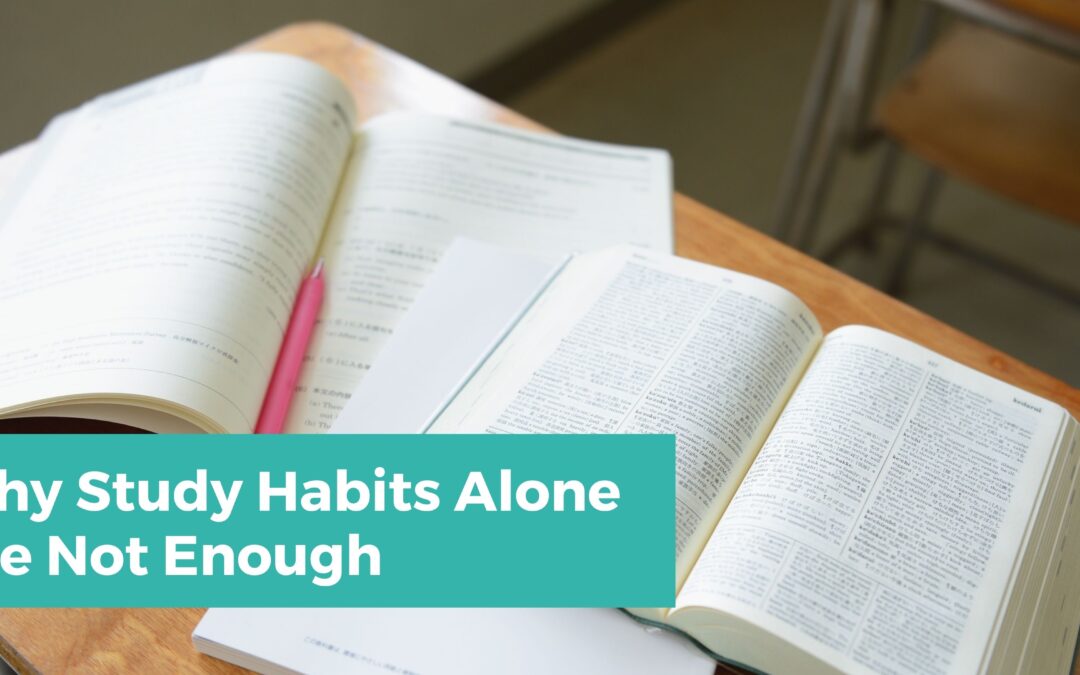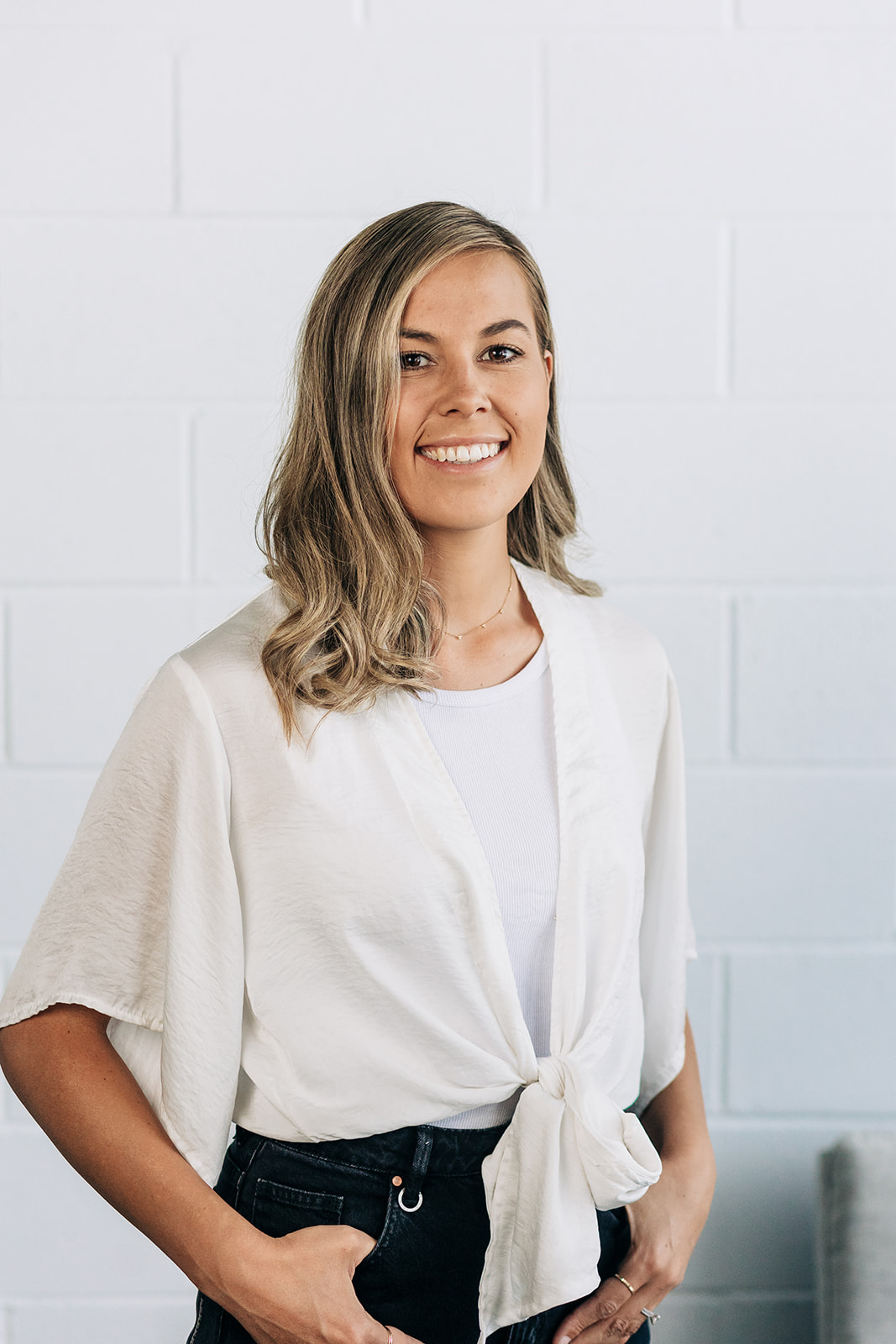Over the past 40 years, there has been a shift in how we understand learning. Cognitive psychology has shown that learning is not just about taking in information. It is also about how we approach knowledge, reflect on our thinking, and how we manage our own learning.
This is where metacognition comes in. It refers to the ability to know how to learn. That means understanding which strategies work, when to use them, and how to apply them effectively to solve problems.
Every student brings their own experiences, habits, and preferences to the table. When students understand how they learn best, they are more able to manage their progress. Over time, they develop strategies that suit their own learning style, personality, and goals.
Two core aspects of metacognition
Executive management
This is about staying on track and adjusting your approach when needed. It involves planning, monitoring, and reviewing how you are learning.
Strategic knowledge
This includes building both factual and practical knowledge. One useful tool is the five Ws: Who, What, When, Where, and Why.
Once you learn how to use metacognitive strategies in the right way, you are more likely to take control of your learning and become more independent in how you study.
Simple habits that support good learning
- Use tools like checklists, review notes, mind maps, flash cards, and timers
- Take notes in class. Review them the same day, once more before your next class, and again at the end of the week
- Try spacing out your study into blocks of 20 minutes. Take a short break before starting again
- If anxiety is getting in the way first, tackle a harder subject first, get it over and done with, so you’re not stressing.
- If motivation is hard, then do the easier one first to get started, then do the harder one.
- Keep a balanced schedule that includes time to rest so the work does not feel overwhelming
- Make a to-do list and aim to get tasks done at least one day in advance
- If you feel stuck, step away for a while. Come back with fresh eyes
- Avoid procrastinating. Break tasks into smaller parts and focus on one section at a time
So put your thinking cap on and use strategies that help you build positive learning habits. With the right tools and mindset, you can get more out of your study time.
“You may have the loftiest goals, the highest ideals, the noblest dreams, but remember this, nothing works unless you do.”
— Nido Qubein
Learning how to learn is just as important as the content itself. When you take time to reflect on your study habits and apply strategies that work for you, learning becomes more efficient and less overwhelming. Small changes in how you approach your work can make a big difference over time. Start with one or two strategies and build from there.









Recent Comments